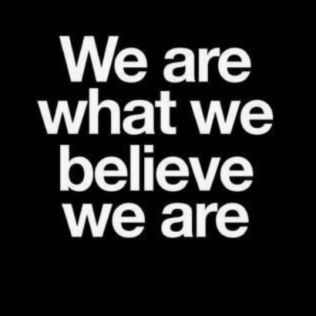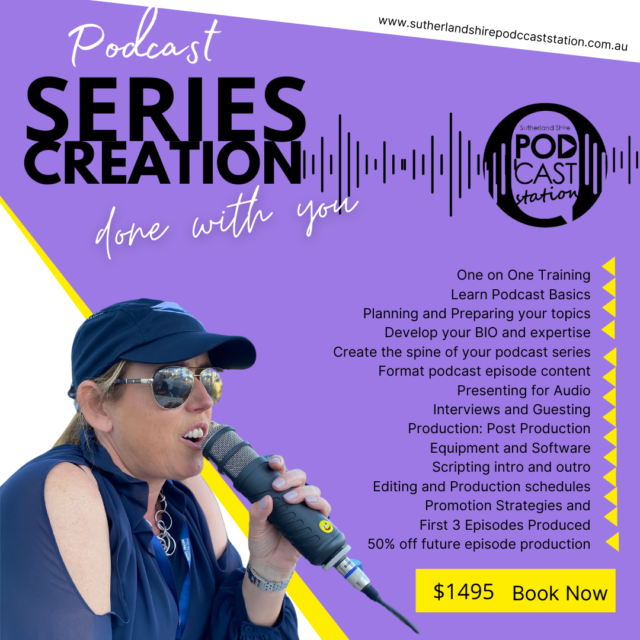That story you are telling yourself has so many other versions.
You are just one of many witnesses in the story of your life, but hopefully by now you know YOU ARE the author and YOU get to decide what chapters are written and of course, the ending. With a facts, perception, feelings and reflection, your story can be the inspiration or an educational warning to others. Our complex language calls on the association and meaning of words that describe what we see, what we felt and the actions we took.
Whilst most people try to stay positive when relaying their experiences, some like to make themselves look good at the expense of others, some will lie and others are self loathing identifying every mistake, error and poor judgement. These often shape the way we perceive the story someone else might share. Our perception and opinions are based on personal experience, that looks through a lens with a certain shade of cynicism and perfectionism but it is the authenticity that creates connection to the human experience.
How to be authentic.
Be Objective, Unapologetic & Realistic.
Be Open, Honest and Transparent.
Ask someone else to tell you their version of your story back to you.
Discern the three main things; details of the incident, a reflection and the message.
Define what you want others to know or understand.
Slow down when you speak, insert pauses and breathe.
Words are so powerful. Short, sharp sentences and facts keep people intrigued. The words you chose to tell your story have an impact. Your tone, your pitch and the structure. Just remember it’s a story, your version and the one you are telling yourself. In the business of story telling, asking questions and unpacking the truth your version is something to honour and respect as no one has ever lived it the way you have.
Stay up to date with the latest ‘human’ stories from the Sutherland Shire by signing up to our newsletter or the ShireVibe Daily News Drop.




